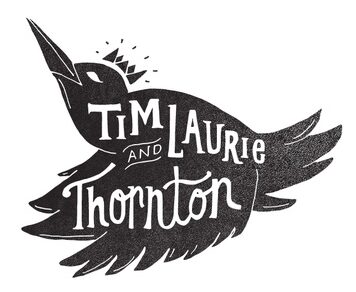Have you ever thought about how ridiculous this metaphor is?
You did not choose Me but I chose you, and appointed you that you would go and bear fruit, and that your fruit would remain. – John 15:16
Consider your thanksgiving dinner. How long will the leftovers remain? Until Sunday? Maybe Tuesday? And the fruity foods probably won’t even last that long—with modern refrigeration! “That your fruit would remain” is a fascinating way for Jesus to describe the result of his call on our lives. I mean, food just doesn’t remain, least of all fruit! Permanence is a strange quality to associate with something that is perishable. It’s dying.
Like us.
I’m not trying to depress you. Dying, of course, is the only way we can have life. Fall is a great time to remember this, because it is a time of beautiful dying, isn’t it? Leaves are glorious as they return to the earth where they can create a fertile place for new life next spring. Parts of me are always dying away. The parts that need a temporary sense of importance. They are giving way to the life of God in me, which cares for the people of my heart more than for my own significance. As Jesus said earlier in John:
Truly, truly, I say to you, unless a grain of wheat falls into the earth and dies, it remains alone; but if it dies, it bears much fruit. He who loves his life loses it, and he who hates his life in this world will keep it to life eternal. – John 12:24
The point of a great life, or career or ministry or what-have-you, is to rise and fall for the sake of the kingdom. As I read this passage, the word alone stuck out to me. I don’t want to end up alone with whatever I can build in this world. Whether it’s wealth, notoriety, art, empires—as soon as it is established, it is fading away. Decomposing like a thanksgiving dinner left too long in the tupperware.
People, however, last forever. As C. S. Lewis said in The Weight of Glory, “There are no ordinary people. You have never talked to a mere mortal. Nations, cultures, arts, civilization—these are mortal, and their life is to ours as the life of a gnat.”
The only fruit that truly remains is fruit that reproduces. Which brings to mind Paul’s command to his spiritual son, Timothy.
The things which you have heard from me in the presence of many witnesses, entrust these to faithful men who will be able to teach others also. – 2 Timothy 2:2
So we have a choice. We can invest in the temporary, pleasing ourselves. But our fruit does not remain.
Or we can invest in the eternal through people, dying to ourselves, and our fruit will reproduce.
The latter is called fathering and its fruit is called legacy.

So profoundly simple! Needed to read this today!
I don’t think it’s a coincidence you published this the same
day my dad went home to Jesus. He leaves a legacy among his children, carried
down from his earthly father. Peace,jim foreman